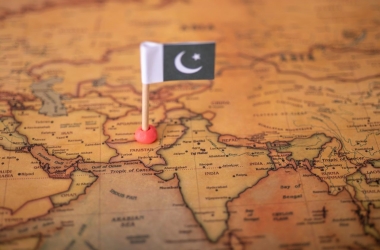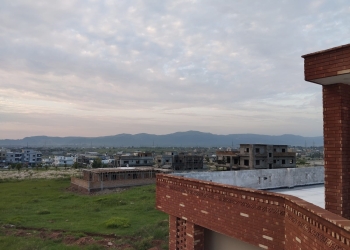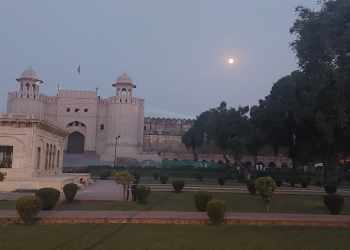A Closer Look at the Factors Shaping International Tourism in Pakistan

What Attracts Tourists to Pakistan? Wittenborg Researchers Investigate
Wittenborg’s Rauf Abdul, Vanessa de Oliveira Menezes and Waleed Jawaid recently published a paper titled ‘An Analysis of Pakistan’s Destination Attributes and Their Effects on International Tourists’ Intentions to Visit’ in the interdisciplinary scientific journal Turyzm/Tourism 2024, 34/1.
The study provides an interesting examination of how various attributes of Pakistan influence international tourists’ intentions to visit. It is no secret that tourism is a major economic driver globally, contributing $9.258 billion to the global economy and generating 330 million jobs in 2019. Given this significance, the researchers aimed to identify which factors are most effective in attracting tourists to Pakistan.
To determine this, the researchers examined both direct and indirect impacts of destination attributes on foreign tourists’ intentions through perceived destination images. They used a deductive approach to develop and test their hypotheses. Data collection took place between November and December 2021, with respondents approached via various social networks, including Facebook, LinkedIn, and Instagram.
The study revealed that 40.6% of respondents took a vacation once a year, while 28.6% were frequent travellers taking holidays 2 - 4 times a year, and 27.6% were infrequent travellers who vacationed every few years. Notably, 40.1% of respondents had previously visited Pakistan.
The study concluded that six destination attributes – landscape, services, local attitudes towards tourists, safety and risk, sports, and special events – are critical for Pakistan’s market positioning. Four attributes (landscape, local attitudes, sports, and adventure) significantly influence Pakistan’s perceived destination image. This image, in turn, has a significant effect on tourists’ visit intentions. The study also found that those who had visited Pakistan before were more likely to return.
Based on their findings, the researchers recommend that Pakistan highlight its natural attractions, improve infrastructure such as roads and lodging, and address safety concerns, particularly for female tourists. They also suggest that Pakistan promote international events and sports festivals to enhance its global image and attract more visitors. Additionally, they propose that universities include hospitality and management in their curricula to develop a qualified workforce and that the government and local administrations create and publicise worldwide tourism promotional material focused on key attributes to boost Pakistan’s perceived image.
Abdul commented on the research, stating, “This research provides crucial insights into the factors influencing international tourists’ intentions to visit Pakistan.”
He added, “These findings align with Wittenborg’s mission of providing practical, industry-focused education, especially for our hospitality programmes. The research contributes to the university’s key pillars of internationalisation and diversity by enhancing an understanding of cross-cultural tourism dynamics in a remote but highly attractive tourist destination.
“We regularly receive new students and some key staff members are originally from this destination. This study’s focus on quantitative methods and real-world applications resonates with Wittenborg’s commitment to preparing students for the global job market through practical, research-based education. The publication of the paper’s great societal impact is confirmed by its publication in a Scopus-indexed journal with a good impact.”
WUP 12/12/2024
by Erene Roux
©WUAS Press


